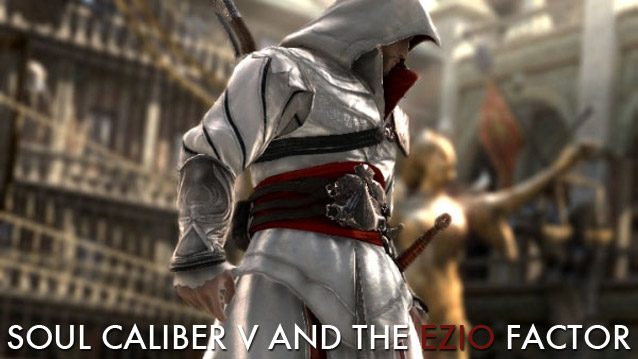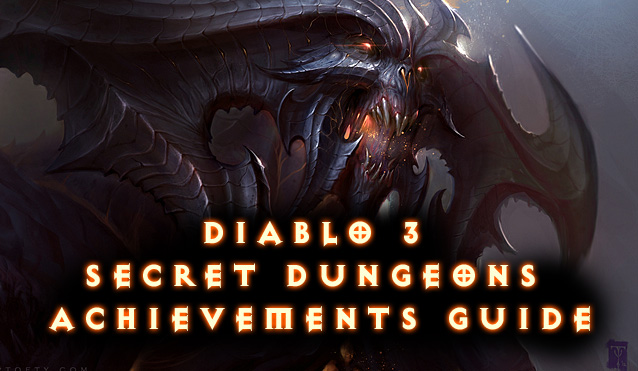

Final Fantasy XIII is, by some accounts, the most hated of the long-running Square Enix RPG series. On some level, I understand why. It takes the usually open-structured world of a Final Fantasy game and swaps that with journeys in mostly shiny corridor worlds, removing the sense of exploration that’s been intrinsic to the series since the start.
Upon its original release on PS3, the reaction to this direction was so extreme that Square Enix attempted to repair the damage with two wildly different, open-ended sequels. FFXIII has serious merit in its inventive combat system, but it’s an absolute slog to find that potential—this belated port is so shoddy, too, that it’s tough to recommend picking it up on PC if you haven’t played it elsewhere already.
Taking place in a mostly linear world that straddles both sci-fi and fantasy, FFXIII is primarily about turn-based, real-time battles and delivering a giant, baffling narrative. Enemies wander around in the field, and if they detect your character, they charge and the screen cuts away to a battle. If I sneak up on an enemy, my character gets first strike at the start of the encounter.
In-battle, only one character can be controlled at a time—the others in my party will fight automatically based on the roles I assign them. Let’s say my default party contains two ravagers (mages) and a commando (warrior). My party will attack based on each class’s set of moves. If I’m damaged by my enemy and need to redo my strategy mid-battle, I can instantly use the Paradigm Shift system to load a different set of preset classes for my characters.
Instead of two mages and a commando, I tell my team to become two medics (white mages) and a sentinel (a high-defensive unit who absorbs damage), and the characters then automatically start throwing spells and abilities out based on the new roles I’ve assigned them. At first it seems like the combat’s been oversimplified when you select Auto Battle and all the moves are chosen for you, but it’s more an attempt to move to higher-level strategy that becomes very successful as the classes and abilities begin to open up. Trouble is, that takes fucking ages.
One of the better parts of this is being able to create new paradigms in the menu outside of battle, to mix and match classes to my preference—so if I want three characters to focus on ravager abilities, I can set that up and load it next time I’m in a fight. Setting up pre-loaded sets of strategies and using them to control the flow of battles is a brilliant bit of in-depth and systems-driven design ingenuity, the sort of idea Final Fantasy has always been very good at. The eventual goal is to stagger the enemy by mixing up attacks until the bar on the right hand corner of the HUD reaches full—after which, you get a brief window to perform more damage. Every battle gives you a rating out of five based on speed and efficiency, so there’s a sense of racing against yourself to throw the right tactics together.
This is underlined by a somewhat freeform progression system called the Crystarium. It’s a little like a board game in the way you unlock new skills and stat boosts based on how you spend experience points. Enjoy it, though, because it’s the only real freedom that Final Fantasy XIII offers, and even in the case of Paradigm Shifts and the Crystarium, they put a ceiling on progression throughout the story so it’s hard to ever overpower the party members. This controlled levelling is highlighted by the frequent difficulty spikes in boss battles.




 Samsung or Philips: which company offers the best Smart TVs?
Samsung or Philips: which company offers the best Smart TVs? Assassin's Creed Syndicate All Perks Guide: How To Unlock Them For Jacob and Evie
Assassin's Creed Syndicate All Perks Guide: How To Unlock Them For Jacob and Evie Lego Harry Potter: Years 5-7 Guide
Lego Harry Potter: Years 5-7 Guide Worth It: Fifth Harmony share new track
Worth It: Fifth Harmony share new track Assassin’s Creed 3 Guide: Story Mission 100% Completion
Assassin’s Creed 3 Guide: Story Mission 100% Completion